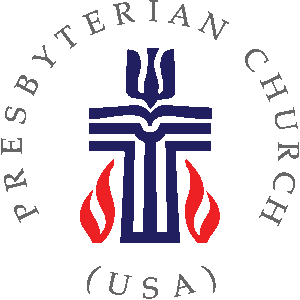Presbyterian Beliefs
The Centrality of the Word
The Word refers to the divine, eternal Logos of creation, the second person of the Holy Trinity: Jesus, God incarnate by the Holy Spirit, born of the virgin Mary.
The “Word” also refers to the written Word of God as contained in scripture. During the Reformation, to be a “Reformed” church meant being “Reformed according to the Word of God.” The Presbyterian Church is a part of the Reformed tradition. Scripture alone- sola scriptura– is the basis for what we believe.
Presbyterian Liturgy
Reformed churches developed liturgies that focused on proclaiming the Word of scripture—the preaching of Bible-based sermons. For the last four-hundred, plus years since the beginning of the Reformation, the proclamation of the Word remains the central focus of Presbyterian worship.
The Apostles’ Creed
While the Reformed churches adhere to sola scriptura (scripture alone), Reformed churches have historical- ly adopted creedal and confessional statements as being reliable expositions of what scripture teaches. While the adopted Creeds and Confessions are considered “doctrinal standards,” they are subordinate to the authority of scripture. The Apostles’ Creed is authoritative for most of Christendom.
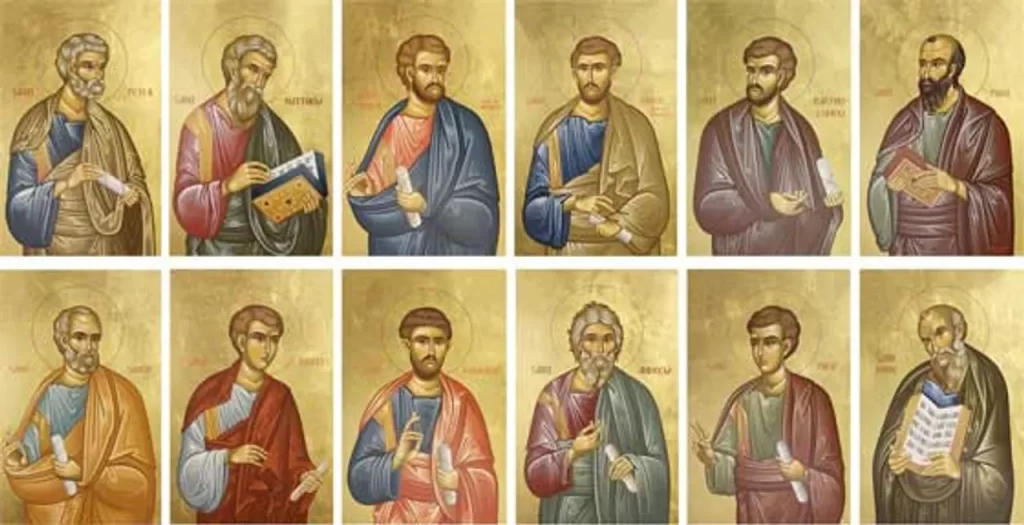
THE APOSTLES’ CREED1
I BELIEVE in God the Father Almighty, Maker of heaven and earth, And in Jesus Christ his only Son our Lord; who was conceived by the Holy Ghost, born of the Virgin Mary, suffered under Pontius Pilate,
was crucified, dead, and buried; he descended into hell2; the third day he rose again from the dead; he ascended into heaven, and sitteth on the right hand of God the Father Almighty; from thence he shall come to judge the quick and the dead. I believe in the Holy Ghost; the holy catholic3 Church; the communion of saints; the forgiveness of sins; the resurrection of the body; and the life everlasting. Amen.
1 Book of Confessions, PCUSA
2 The place of the dead
3 universal (Church)
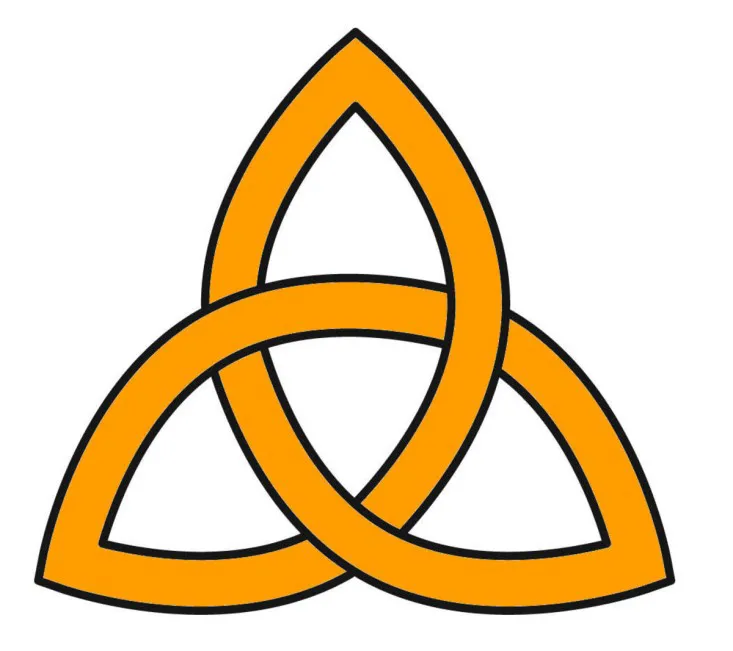
The Holy Trinity
The Presbyterian Church is a trinitarian church. We believe in one God, in three persons– God the Father, God the Son, and God the Holy Spirit (or Holy Ghost). This trinitarianism is affirmed by the Apostles’ Creed, the Nicene Creed, and the other confessional statements from the Reformation and later.
The Sacraments
The Reformed churches recognize two sacraments: Baptism and Holy Communion. Holy Communion is also referred to “The Lord’s Supper and “The Eucharist.”
Baptism
We believe that God calls a person to faith even before that person is able to respond in faith. In the Presby- terian Church (USA), baptism may be administered at any age. Baptism is most properly administered early in life as baptism marks the beginning of a person’s journey of faith. Later, through confirmation, young be- lievers may come forward and claim for themselves the promises claimed by their parents on their behalf, but we do not re-baptize.
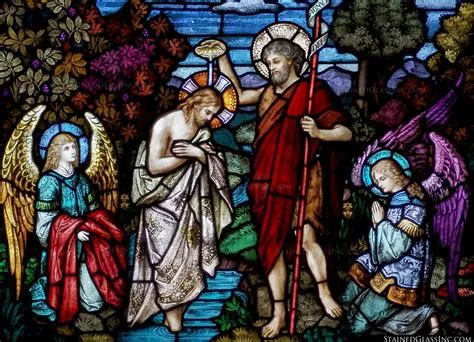
Mode of Baptism
Presbyterians typically baptize by the sprin- kling of water on the head, but sometimes it turns out to be more than just a sprin- kling, which is acceptable as different min- isters may use differing amounts of water as they “sprinkle.” However, we accept all baptisms done with water– immersion, poring, or sprinkling–in the name of the Father, the Son, and the Holy Spirit.
Holy Communion (the Lord’s Supper)
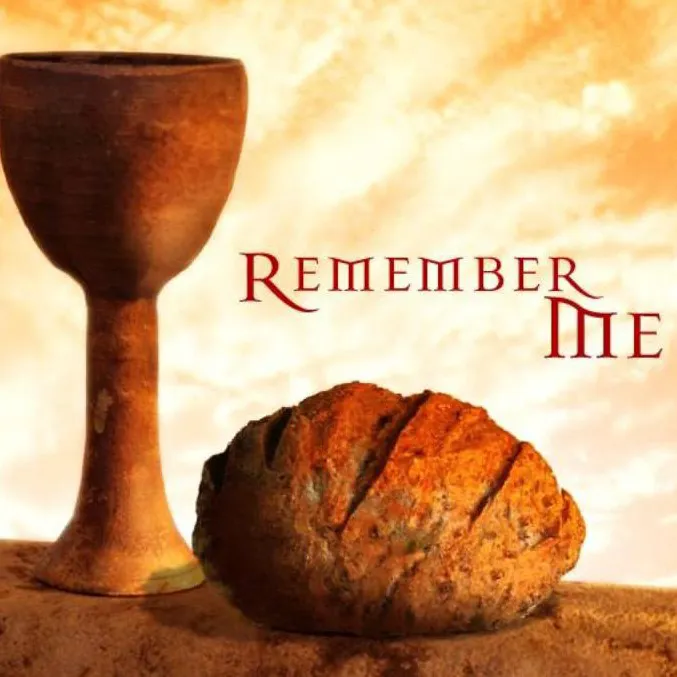
Presbyterians follows Calvin’s doctrine on the “real presence” of Christ in the sacrament: Christ is present in the bread and wine, not physically but spiritually according to one’s faith.
The Session of each congregation may choose to have Holy Communion every Sunday; once a month; quarterly; on special days of the liturgical calendar. Most chose once a month and special days of the liturgical calendar.
God’s Sovereignty
The sovereignty of God means that as creator and ruler of the Universe, God is free to do whatever God chooses. God is not bound or limited by the dictates of created beings. Further, God is in complete control over everything that happens here on Earth. God’s will is the final cause of all things. The human will is inferior as it in bondage to sin since “the Fall of man.” God calls the Elect to faith and service. The Elect are able to respond to God’s call by faith because God, through the gift of grace, has enabled them to do so.
Grace and Faith
Sola scriptura; sola fide; sola gratia—scripture alone; faith alone; grace alone. These are hallmarks of the
Reformation churches. That we are saved by grace through faith is foundational to Reformed theology and protestant theology in general. We are not saved by doing “good works.” We respond to God’s grace by doing good works.
Mission and Service
To challenge believers to not neglect service to others, the Apostle James wrote about the relationship between faith and works in James 2.
Presbyterians participate in a number of outreach and charitable organizations nationally and at the local level as a response to God’s grace and as an example of showing God’s love to the world around us.
Learn more about missions at FPC
Church Governance
We believe that church business should be conducted “decently and in order.” Pursuant to that, the PCUSA has a Constitution that consists of the Book of Order and the Book of Confessions. The Book of Order deals with the rules of governance; the Book of Confessions with doctrinal standards, subordinate to scripture.
The name Presbyterian comes from the Greek term in the New Testament for elder, presbuteros. Presbyterian church government emphasizes that the leadership of the church is shared be- tween those called to be ministers and church members called to be elders within the congregation — we use the terms Teaching Elder (Minister of Word and Sacrament) to refer to ministers and Ruling Elder to refer to church members called to be elders. This strong emphasis on Presbyterian church government is our heritage from Scottish Presbyterians.
The body of elders elected to govern a particular congregation is called a session. They are elected by the congregation and in one sense are representatives of the other members of the congregation. The session is the smallest, most local governing body.
The other governing bodies are presbyteries, which are composed of several churches; synods, which are composed of several presbyteries; and the General Assembly, which represents the entire denomination.

